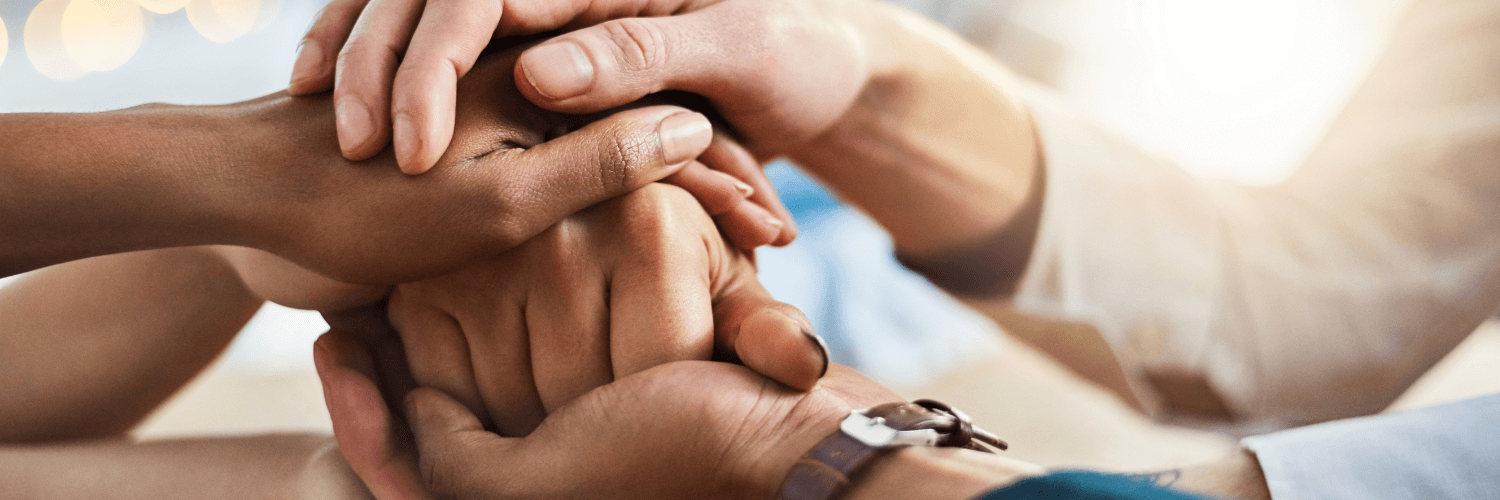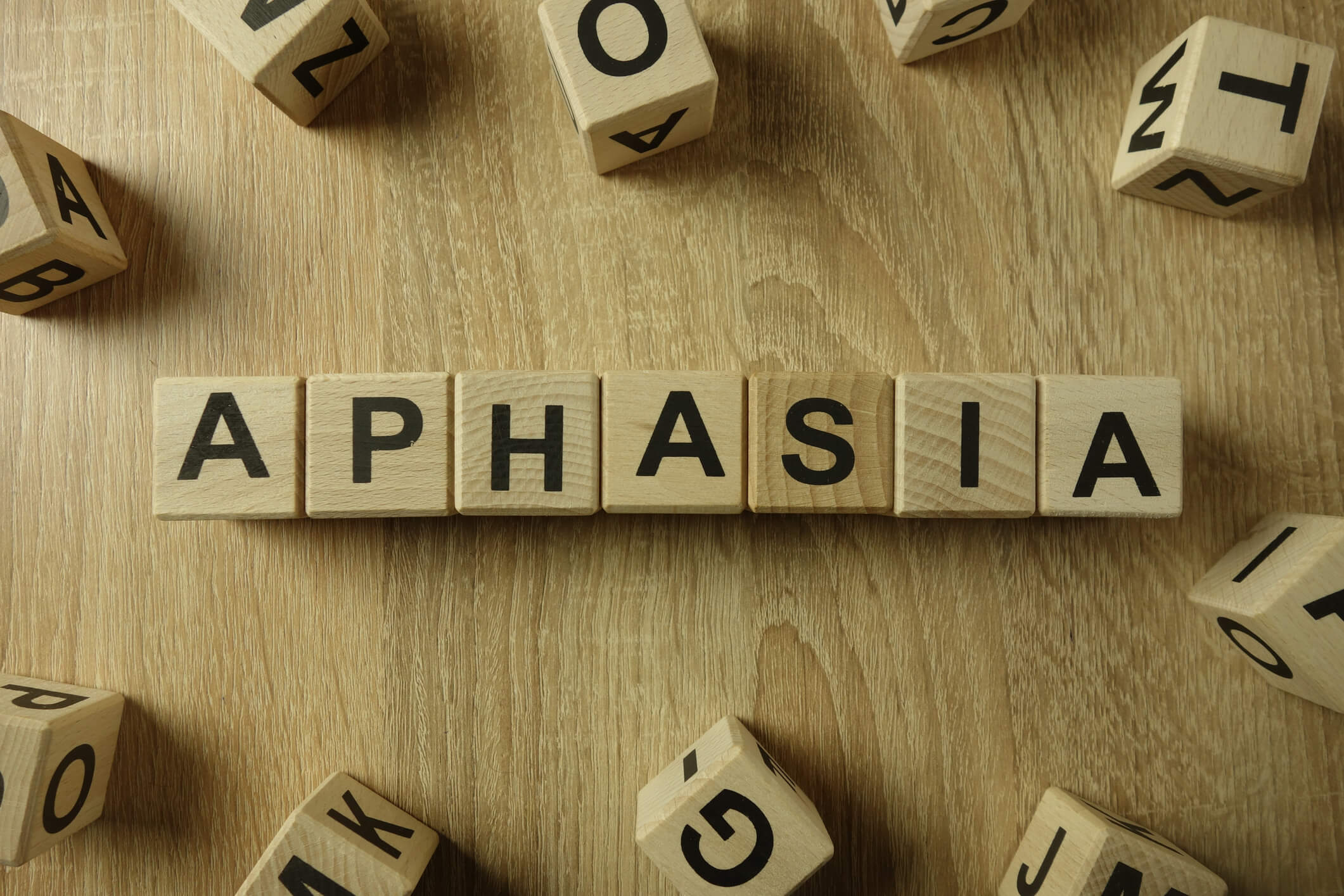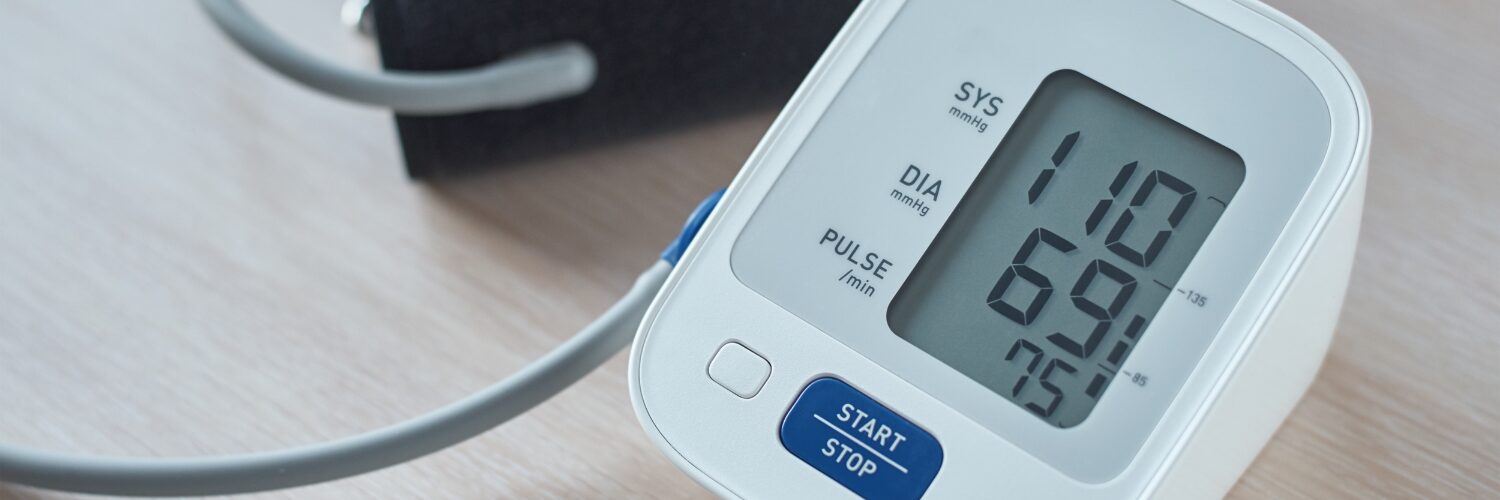What Emotional Changes Can Happen After Stroke?
Stroke affects the brain, and because the brain controls emotion, changes in mood or behavior are common. You or your loved one might notice:
- Depression
Feelings of sadness, hopelessness, or loss of interest in things you used to enjoy - Anxiety
Feeling nervous, fearful, or constantly worried about having another stroke - Anger or irritability
Feeling easily frustrated, short-tempered, or overwhelmed - Emotional lability
Sudden outbursts of crying or laughing that feel out of proportion or hard to control
These responses may be confusing, especially if you’ve never experienced them before. But they are part of the healing process—and they can be treated.
You Don’t Have to Manage It Alone
If you’re struggling emotionally after a stroke, ask for help. Mental health support can make a real difference.
- Talk to your primary care doctor or stroke specialist about how you’re feeling
- Ask for a referral to a psychologist, psychiatrist, or counselor
- Consider medication if recommended—just as physical symptoms are treated, emotional ones deserve care too
Getting support is a sign of strength, not weakness.
Find Strength in Community
Sometimes, the most healing words are, “me too.”
Joining a support group for stroke survivors or caregivers can help you feel seen and understood. You’ll hear from others who’ve been through similar challenges—and pick up tools, stories, and encouragement that only peers can offer.
Support groups may be available in your local area or online.
Move Your Body, Shift Your Mood
Even small amounts of physical activity can help reduce anxiety and depression. If you’re able, try:
- Gentle stretching
- Walking with a loved one
- Swimming or water therapy
- Chair exercises or adaptive movement
Always check with your doctor or physical therapist about what’s safe and appropriate for your recovery level.
Make Space for Self-Care
Self-care isn’t a luxury—it’s a necessity during stroke recovery. Try to prioritize:
- Restful sleep
- Nutritious meals
- Relaxation tools like deep breathing, meditation, or music
- Joyful activities like reading, art, nature, or time with people who lift you up
Even five quiet minutes a day can help reset your nervous system and ease emotional overload.
Talk About What You're Feeling
Let your loved ones in. Emotional changes can feel isolating, but you don’t have to face them alone.
Tell the people around you how you’re feeling and what kind of support helps. Maybe you need someone to just listen. Maybe you need help managing appointments, or a reminder that you’re making progress, even on hard days.
The more open the communication, the stronger your support system can become.
Final Thoughts
Emotional changes after a stroke are real, common, and treatable. They are not a sign of weakness. They are not permanent. And they do not define who you are.
Recovery is not just about physical healing—it’s about finding your way back to a full, connected life. With the right care, the right people, and the right tools, healing is possible.
If you’re facing emotional changes after stroke, know this: there is help, and there is hope. And you don’t have to go through it alone.


%20(2)%20(1).png)


%20(1).png)
